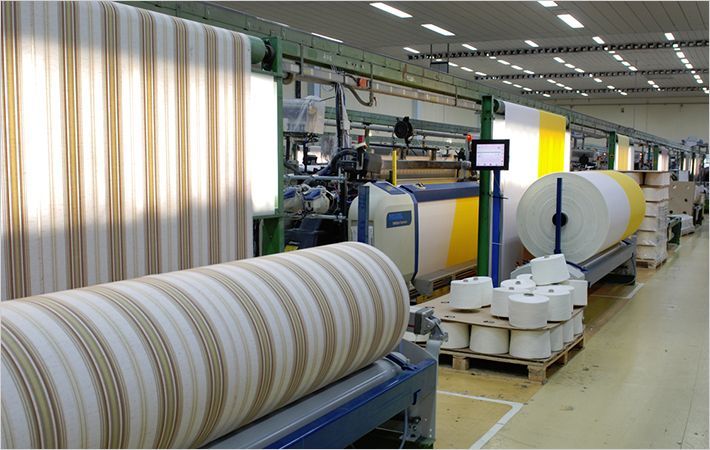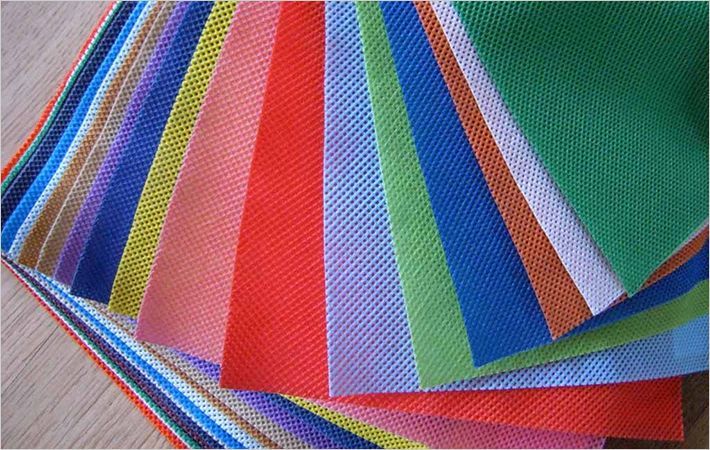The Embraport Container and Bulk Fuel Terminal was permitted for construction on the north shore of Port of Santos, Brazil, estuary in a tidal zone that would require large volumes of expensive select fill to be imported to reach the design platform elevation.
As a result, through the sediment sampling process, it was determined that the required access channel and turning basin were overlaid with 600,000 cubic meters of contaminated sediments that must be removed and deposited in a secure upland disposal facility. This finding and required action increased the cost and construction timeline of the project.
Economic alternative
The project owner was searching for creative and less expensive alternatives to traditional engineering solutions. TenCate Geosynthetics and Allonda, the TenCate representative in Brazil, proposed to combine the concept of containment within the project site footprint utilizing TenCate Geotube dewatering technology to securely contain the contaminated sediments over which the container yard would be constructed.
This unique beneficial use concept eliminated the requirement for an upland disposal facility which would require the purchase of additional land for this facility eliminating the 600,000 cubic meters of expensive imported select fill.
Sustainable solution
Because the owner selected and implemented the TenCate Geotube containment and dewatering solution for onsite beneficial use of dredged contaminated sediments, the owner realized a savings of more than 50 million USD.
This unique TenCate concept allowed for the construction to be completed within the allowable time frame, and met all of the Brazilian environmental regulations with regard to removal and containment of the contaminated sediments, quality of effluent return to the native environment and service life of the project.
The carbon footprint was reduced by 7,903 metric tons of CO2 equivalent by utilizing the TenCate Geotube containment and dewatering technology, to securely contain and consolidate the dredged contaminated sediments onsite.
TenCate

